Your guide to the Private Sector
at Bath Spa University
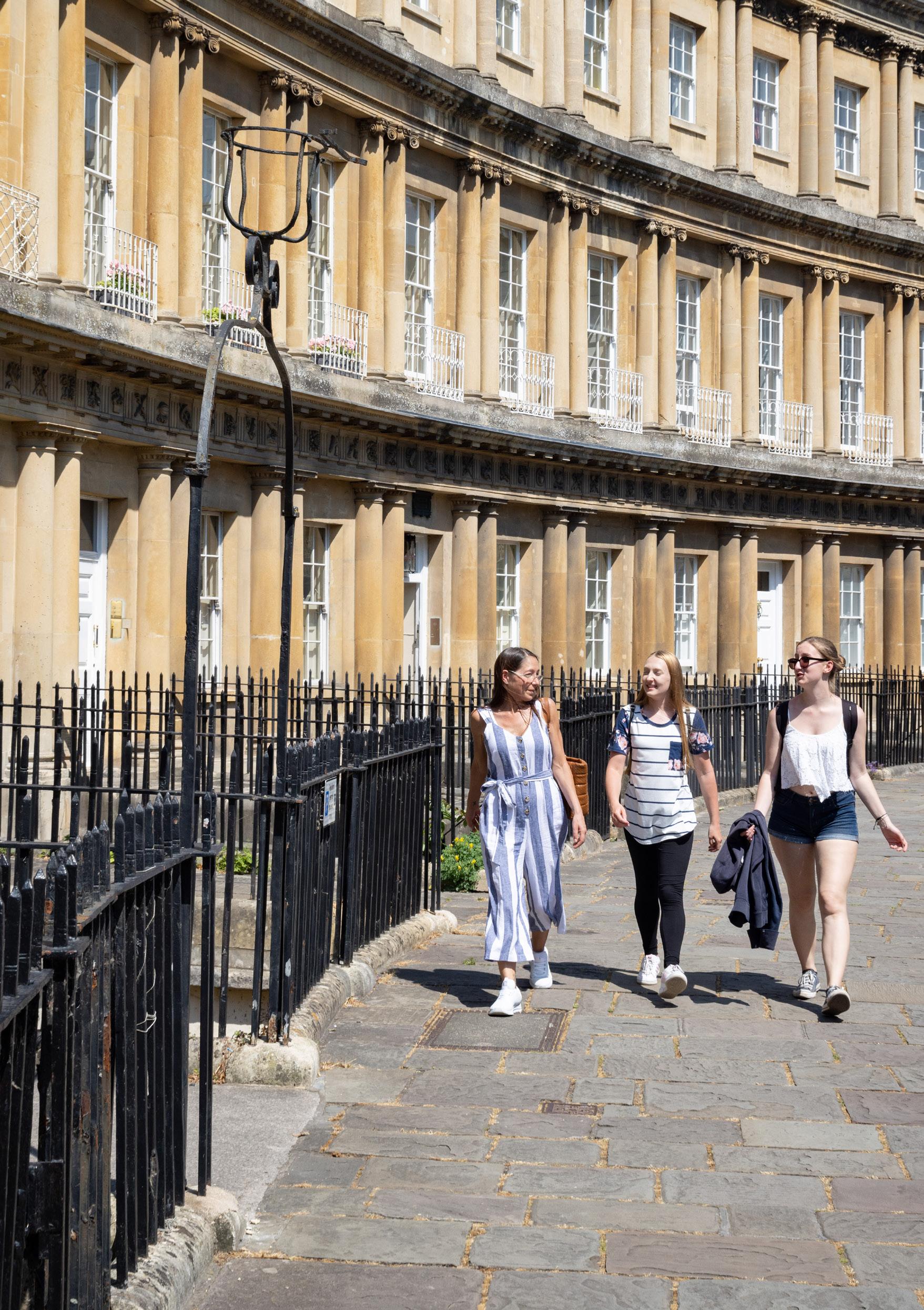


at Bath Spa University


Support
Beginning your search
Visiting properties, signing your contract, and deposits
Student Wellbeing Services
The Student Community Partnership (SCP)
Citizens Advice Shelter
Repairs and reporting issues to B&NES council
International Student Support
Where to look Who to live with
Viewings
Contracts
Guarantors Deposits
Living together
Useful contacts
Personal space and belongings
Responsibilities around the house
Paying for bills
Moving into your first shared house is another important milestone on your student journey. While it's your responsibility to find accommodation for your returning years, the University can help provide students with support and guidance in the private sector. This can include wellbeing and mental health support, signposting to specific private sector advice, help with property repairs and international student support.
Our Student Wellbeing Services Advisors are here to support you by listening, providing information, advice and guidance, and signposting to additional services.
If you’re experiencing difficulties within private sector housing, Student Wellbeing Services Advisors can offer advice with matters such as:
- Bullying and harassment
- Concerns for someone else
- Drugs and alcohol
- Homesickness
- General housing concerns
- Money management and budgeting
- Stress
- Student Finance
- Being a student with care experience, a foyer leaver, a young adult carer or estranged from your family.

help coordinate the right additional support for you. Their role is to:
- Listen to you
- Help you understand your situation
- Plan and problem solve
- Agree any actions and next steps
Current Bath Spa University students can access ‘MyWellbeing’ to ask questions, book appointments and view upcoming events. You can also email
studentwellbeing@bathspa.ac.uk or call +44 (0)1225 876543.
Report and Support is an online reporting tool for when you see or experience something that is not OK. You can submit a report anonymously or request a callback from an advisor.
The Student Community Partnership (SCP) is a joint venture between the Higher Education Institutions in Bath and the Bath and North East Somerset Council (B&NES). The SCP supports students living in private sector accommodation, with a focus on improving the relationship between students living in Bath and the city’s permanent residents, encouraging positivity in the community and ensuring both voices are heard and supported.
The SCP team are based in Bath and are on hand to provide advice on matters such as issues with your landlord, noise disputes with neighbours, waste and recycling, volunteering in the community and overall community awareness.
You can contact the SCP for assistance by emailing scp@bath.ac.uk. You may see SCP members visiting popular student areas in Bath to introduce themselves throughout the academic year.
Bath Spa University students have turned to Citizens Advice in the past and their supports comes highly recommended. They can assist with all sorts of matters for students experiencing difficulties in the private sector.
Citizens Advice gives people the knowledge and confidence they need to find their way forward - whoever they are, and whatever their problem. Their network of independent charities offers confidential advice online, over the phone, and in person, for free.
The Housing menu on the Citizens Advice website hosts all the range of different support services they offer. Alternatively, you can chat with an adviser online or call 0800 144 8848
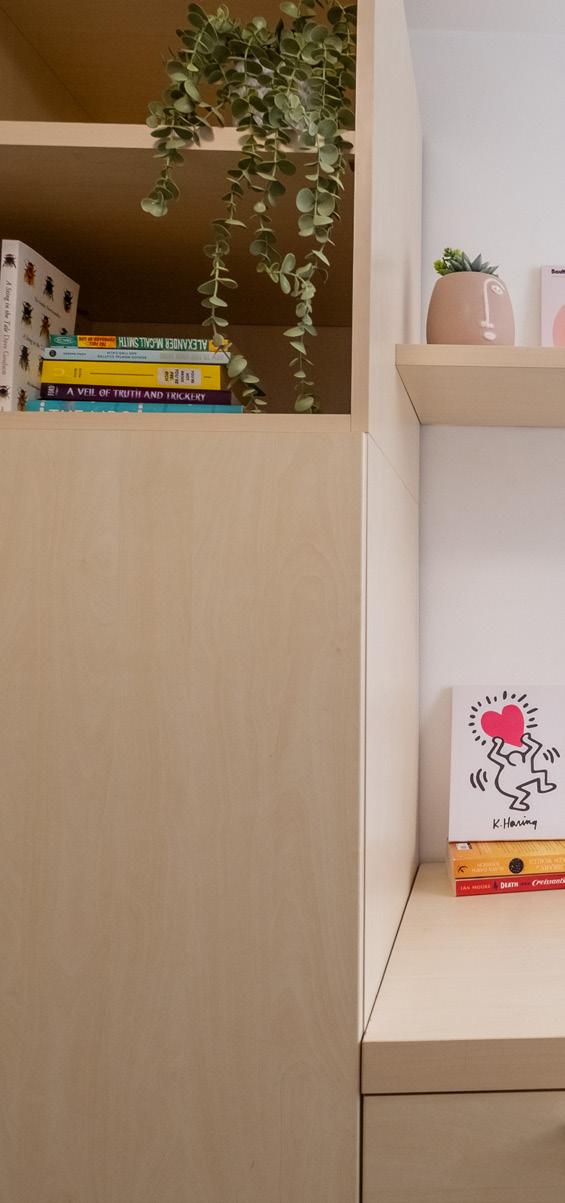
Shelter exists to defend the right to a safe home and many Bath Sp University students have benefite from their services in the past. Shelter offers one-to-one advice and support services, personalised help with housing issues and homelessness. On their website students can find expert information about everything from reclaiming deposits to your housing rights. You can speak to an adviser over webchat or call 0808 800 4444.
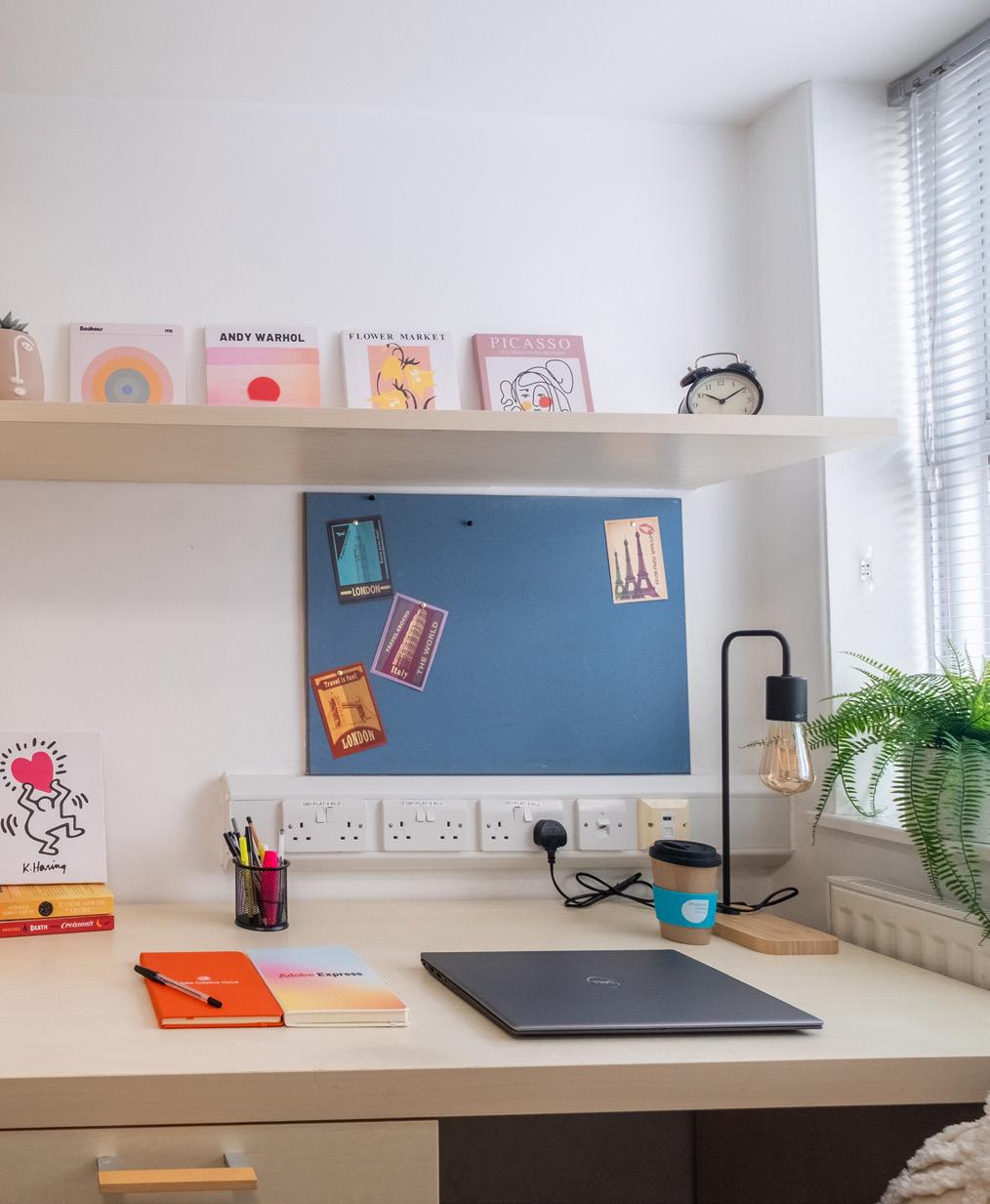
We provide a range of services and departments to support you as an international student. As a close-knit community of global citizens, we'll provide you with many opportunities to thrive while at Bath Spa University.
Visa and Immigration enquiries: immigrationadvice@bathspa.ac.uk
Registration enquiries: studentregistration@bathspa.ac.uk
Accommodation enquiries: accommodation@bathspa.ac.uk
Admissions enquiries: admissions@bathspa.ac.uk
Your landlord is responsible for providing a property that is safe and a healthy environment for you to live in. They must honour your tenancy agreement and are generally responsible for the structure and exterior (walls, roof, foundations, drains, guttering and external pipes, windows and external doors), as well as basins, baths, toilets and their pipework. They must also look after water and gas pipes, electrical wiring, water tanks, boilers, radiators as well as gas fires, electric fires or fitted heaters.
It’s important you update your landlord about any issues you face in your property. If your landlord refuses to complete repairs or fix conditions in your home within a reasonable time period, then you can tell the B&NES council by using their online form.
B&NES council also offer specific advice on mould growth and dampness, which can be a common issue in the city. Please see their guidance on how to reduce damp and mould through effective heating and ventilation.
Shelter has some great advice on what your landlord is responsible for and how long they should take to carry out repairs.
For more guidance as an international student, please see our website.
Students in Bath typically begin searching for private sector housing each December. This is when many properties are made available online by the universities and private providers.
Some landlords and agencies will begin advertising much earlier but we recommend waiting until at least December. This gives you time to find your future housemates and establish a house group, plus consider your budget and your lifestyle preferences. This can take some time, so waiting until December to begin searching allows you to establish a base first.
We advise you aim to have your accommodation sorted by March but don't panic if you are still searching beyond this. New properties and room adverts continue to come up well into Spring, but as time goes on you will likely have to be more flexible and

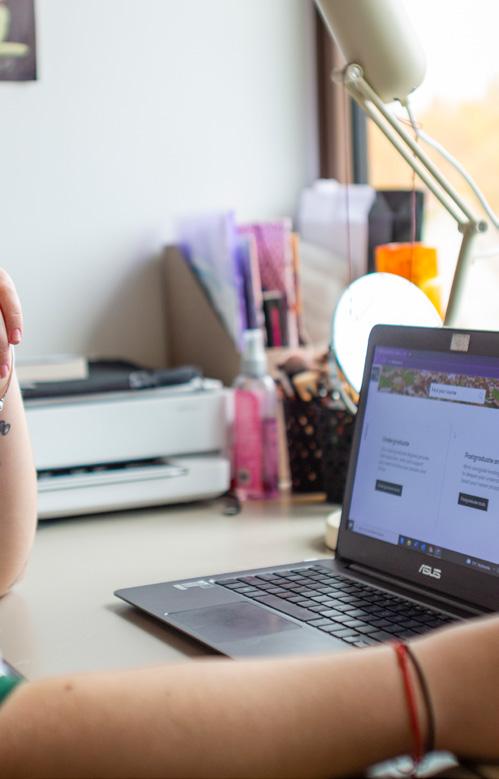
Don’t worry if you don’t think you want to live people you live with right now. You might choose to live with friends from your course, a club or society, current housemates, or people you meet at a housemate finding event; there will be all sorts of events throughout the year with opportunities to help you find housemates.
Try not to feel rushed into deciding who to live with, as you will be entering into a legally binding agreement with them. A good housemate has a similar lifestyle to you and is trustworthy (and doesn’t mind when it’s their turn to wash up!)
Most importantly:
Meet everyone you’ll be sharing with in-person
Don’t meet new people on your own
Trust your gut instincts
Make sure you leave a good impression, too!
You can find private sector accommodation by searching on these websites that Bath Spa University students have used in the past:

- RightMove Student
- House Ladder
- Nestoria
- On The Market
- Zoopla
- Unihomes
- Bath Student Houses
- Fresh Student Housing
- Homelets
- Madison Oakley
- Martin & Co
- Roman City
- Trustease
- Zest
- Romans
These are sites specifically designed for students to help manage any costs and options in terms of accommodation:
- Student.com
- My Student Halls
You may wish to explore the possibility of going into private student accommodation blocks. These are normally studios and tend to include all bills and internet. Some local options in Bath include:
- Avon Studios
- Student Roost
- Student Castle
- Hello Student
We know it can feel daunting when you venture out to look at houses for the first time. Thankfully, there are some key areas to focus on, and we’ve listed them here in this section.
We recommend taking someone with you (your future housemates ideally) and to take photos or videos during the viewing so you can review the property later and get a second opinion.
Take a checklist of features and things to look out for, such as:
Room size, kitchen facilities, living spaces etc. Look for signs of damage
(e.g. damp, mould, broken fixtures)
Check the windows and doors for drafts or security concerns
Ask about repairs or maintenance schedules for issues you notice
If the property seems neglected, it could signal ongoing issues with maintenance. If repairs are agreed by the landlord, make sure this is in writing.
What’s the process for reporting maintenance issues?
Are bills included in the rent? Which bills?
How long is the contract?
How is the rent paid?
By each resident individually or by the lead tenant?
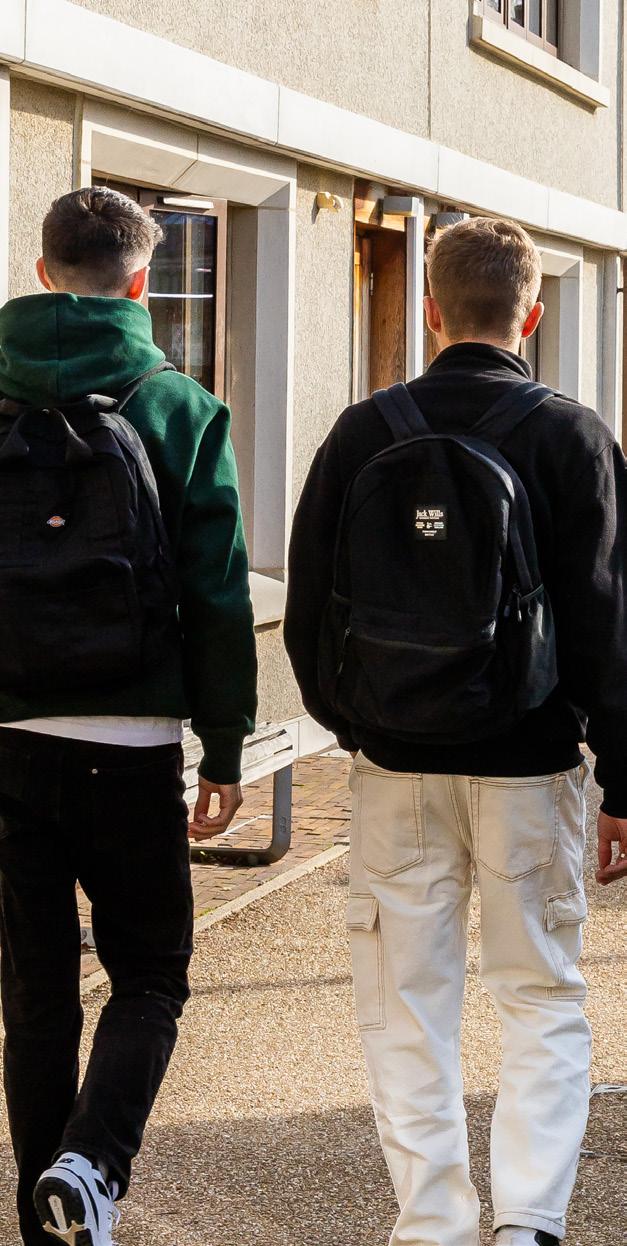
Viewings often happen months in advance and may be your only chance to see the property, so know what to look for and don’t get discouraged if the first few aren't what you were expecting.
If you are unable to attend in person, whether due to being an international student or other commitments, always request an online viewing. If the landlord refuses to offer a viewing of any kind, this could be a red flag and a property to avoid.
Before signing a contract or paying fees, it’s important to arrange an in-person or online viewing with the landlord or agency. We recommend you always visit the property to feel comfortable with it before you sign or pay for anything.
When you finally receive the accommodation contract, we know they can look intimidating, but we’re here to help you make sense of them.
Any accommodation contract you sign is legally binding, so it’s important that you’re absolutely sure before you commit. Make sure you’re well informed and make the choice that is right for you.
Take the time to review and understand your tenancy agreement. This can help you avoid problems later.
- It’s crucial to read it thoroughly and ensure you understand the key terms.
- You can email the Bath Spa Student’s Union Advice Centre at su-advice@bathspa.ac.uk or Student Accommodation Team at accommodation@bathspa.ac.uk and they can read your contract for you and answer any questions you may have. Please note this is not legal advice.
- Confirm the monthly rent amount, payment due dates, and accepted payment methods.
- Check the length of the tenancy (e.g. 51 weeks, 12 months).
- Look for details on how to report maintenance issues and the time frame for repairs.
A landlord or agent offering a property rental must have the following:
- Gas Safety Certificate (GSC)
- Electrical Safety Certificate (EICR)
- Energy Performance Certificate (EPC)
If you’re happy with the contract and you’re ready to sign, usually the landlord or agency requires a 'holding fee'. This is common but should only be asked for once you’ve seen the property and confirmed that the person you are dealing with is genuine. The most a landlord can charge for a holding fee is one week's worth of rent. The first month's rent and the security deposit will be payable upon signing the tenancy.
Most landlords, including private accommodation providers that rent properties to students, require a third person to act as a ‘guarantor’ before a tenancy agreement can be completed.
Properties for five or more individuals need a House of Multiple Occupation (HMO) Licence. This should be sent to you also but can be verified online.
A guarantor is a person who agrees to secure or ‘guarantee’ your accommodation contract. The guarantor effectively takes on many (or all) of the commitments of the contract. In other words, if you sign a tenancy agreement, the guarantor will be responsible for fulfilling many of the terms of the agreement if you do not.
The main obligation that the guarantor is taking on is your rent; if you don’t pay your rent, the guarantor will be required to pay it. Depending on the tenancy agreement, it might also mean the guarantor is liable for other costs, such as damages.
There are services who will act as your guarantor on a commercial basis, taking a fee to do so (usually expressed as a percentage or amount of the total rent you will pay).
This service is available to act as your guarantor and they offer a 7.5% discount for BSU students. You can access their discounted service via their website and use the promo code BATHSPA75 for 7.5% off.
BSU is making you aware of Rent Guarantor, which offers rent guarantee services that some students may find useful when renting accommodation. Please note that BSU is not affiliated with Rent Guarantor and does not receive any financial incentive for this referral and is not recommending or endorsing their services. We are not authorised by the Financial Conduct Authority (FCA) and do not provide financial advice. Before entering into any agreement with Rent Guarantor, you should make sure the service is appropriate for your needs and consider comparing the services they offer with those of other companies or seeking independent advice from an FCA-authorised adviser if you’re unsure.
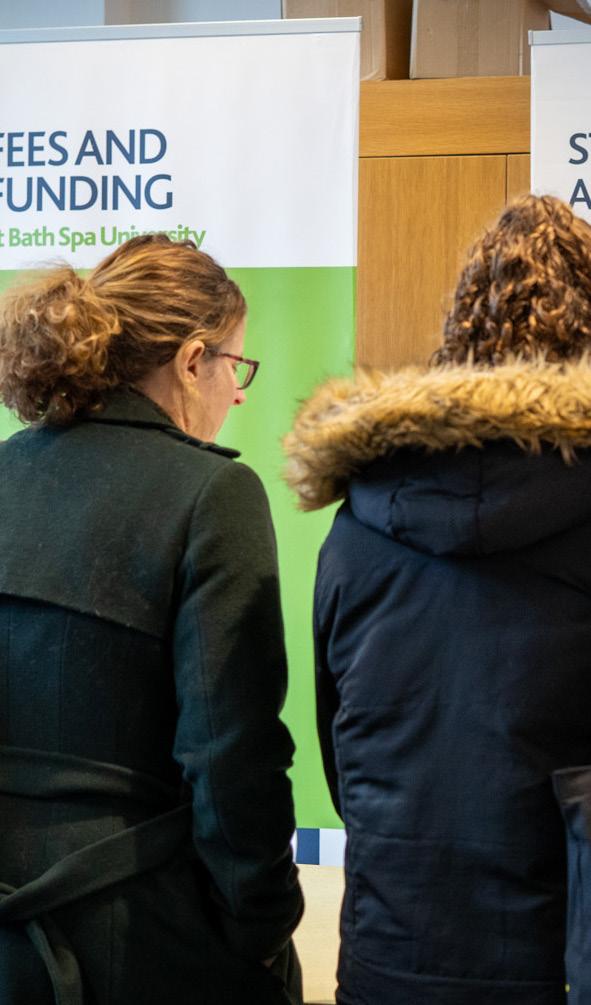
Gives tenants the opportunity to review a landlords, areas and properties and is a good tool to discover if the property/ landlord you’re viewing has previous reviews. Be sure to leave a review yourselves at the end of your tenancy to help future students.
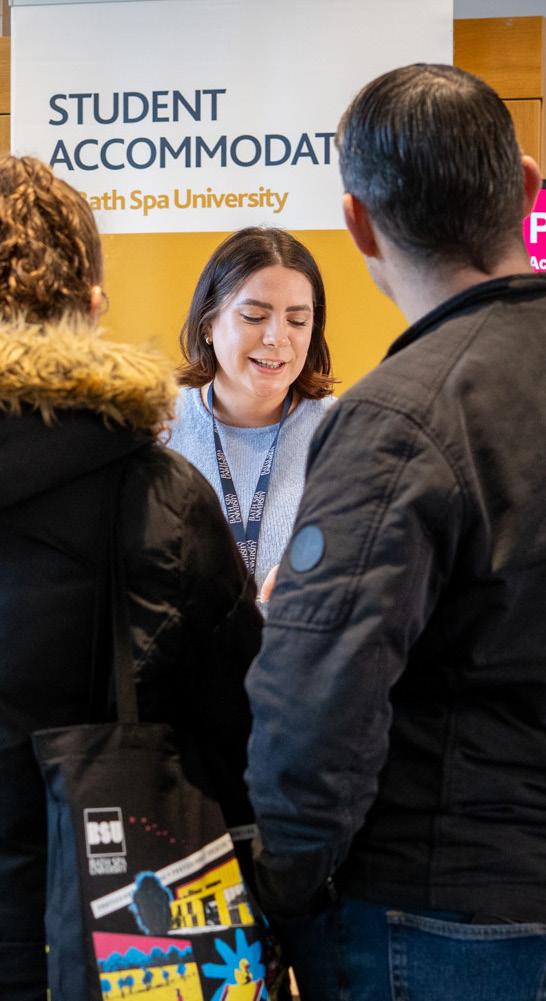
Nearly every landlord and accommodation provider will require a deposit if you want to secure the property, so it’s important you know what they mean.
Deposits are intended to provide landlords with protection if tenants damage or alter a property. The 2019 Tenant Fees Act sets a limit on your refundable tenancy deposit. The maximum deposit you can pay is 5 weeks' rent. You’ll usually transfer a deposit at the same time you sign your contract with the landlord or agent.
Your landlord must put your deposit in a governmentapproved tenancy deposit scheme within 30 days of receiving it and inform you of the details. You can check online to see if your landlord has your deposit protected in a government-approved deposit protection scheme.
Your landlord or agent will check the property at the end of your lease to make sure it's in good condition. If it isn't, the landlord may decide to deduct part of the deposit. maybe even all of it. The deposit protection scheme your money is with will notify you, if the landlord doesn’t do this directly.
To avoid charges, follow the general rule that you’ll need to return the property in the same state you got it (fair wear and tear considered). The most common charge is for cleaning, so be sure to leave the property in a clean state. Before moving in, check the inventory, take photos, and keep records of any communication with your landlord or agent. This way, you’ll have evidence in case a dispute arises later.
If you’re not happy with the deductions your landlord is proposing, you can ask for it to be taken to a dispute resolution, but you’ll need evidence to back up your case. This is why taking an inventory when you first arrive in the property is so important.
Resident landlords (living in the property and renting a room out) are not required to use a deposit protection scheme. Visiting
Living in your new place, with friends or strangers, can be both exciting and challenging. If you lived in our halls of residence, you may have created a shared living agreement with your housemates to establish ground rules during your stay. Carrying forward this practice in private housing can help make your time together the best it can possibly be.
Establishing boundaries and clear expectations from the start will be really helpful in the long run. We recommend arranging an evening with your housemates and use the following guide to discuss how you plan to live together:
- Discuss personal space needs in your group, such as quiet hours, private time, and shared areas, and agree on boundaries. For example, not entering each other's rooms without permission (living in private housing may differ from university-managed accommodationbedroom doors may not have locks, for example.)
- Agree to keep your bedrooms and shared living areas clean and safe, including regularly removing waste.
- Decide that food, drinks or belongings won’t be used without the owner's permission.
- Allocate storage space practically, such as assigning a shelf in the fridge and a dedicated cupboard for each person.
- Decide whether housemates should ask for permission before inviting overnight guests or hosting gatherings. Remember, housemates should take responsibility for their guests' behaviour.
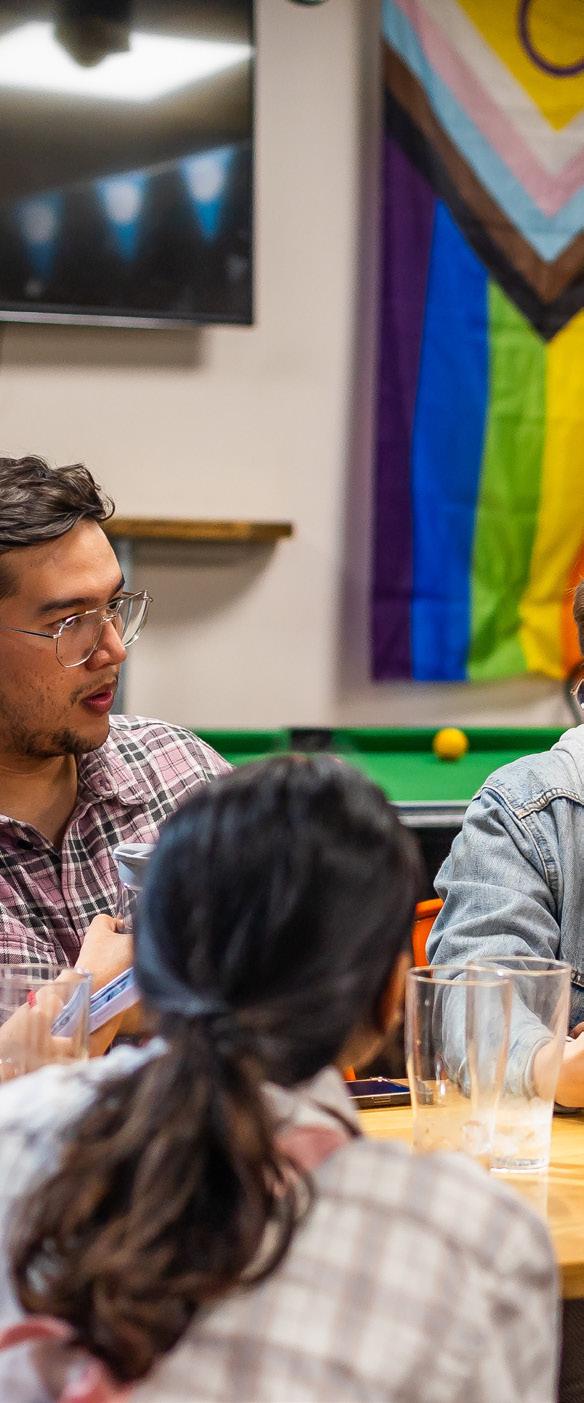
- Chat about dividing bills equally or find a fair arrangement to determine how the bills are going to be paid. You could assign responsibility to each tenant for utilities like gas, electricity, water, wi-fi, and contents insurance, or just split the total cost equally among the whole group.
- Discuss how to manage heating and hot water usage during the different seasons. Conserve energy wherever possible to help keep the costs down.
Sometimes it’s helpful to have all these agreements written down and shared. It ensures everyone knows what to expect and holds each other accountable.

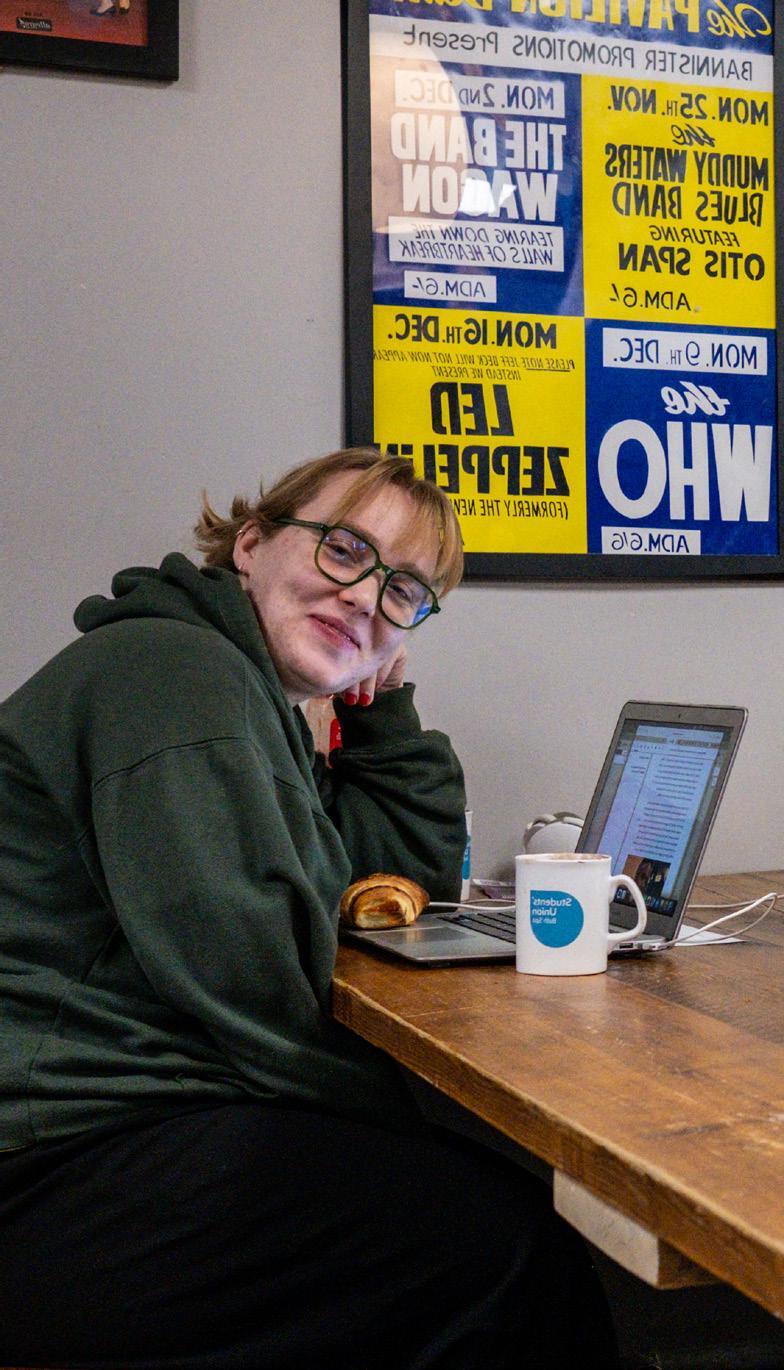
- Think about introducing a task rota or chore chart to help divide house responsibilities and regularly review the arrangement to ensure it works for everyone.
- Agree on responsibilities for sorting, removing, and putting out the bins and recycling for collection. It’s a good idea to make a note of your collection day.
Bath Spa Student Accommodation
01225 87 6777 (Mon-Fri, 10am-4pm) accommodation@bathspa.ac.uk
Bath Spa Security
01225 87 5555 (24/7 availability)
Bath Spa Student Wellbeing Services 01225 87 6543 studentwellbeing@bathspa.ac.uk
Bath Spa Student Information Team T: 01225 87 6115
Bath Spa Students’ Union 01225 87 5588 bathspasu@bathspa.ac.uk
Student Community Partnership scp@bath.ac.uk
Citizens Advice
0800 144 8848
Talk to an advisor online
Shelter
0808 800 4444 (Mon-Fri, 8am-6pm)
Talk to an advisor online


